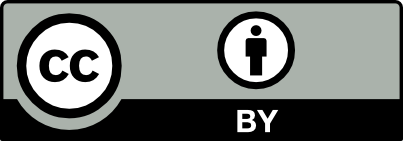In order to better quantify the collective impact of OER, DOERS3 is working on a new research database. We hope that the tool will help researchers easily access a wide range of valuable OER data. A central repository of OER data should present new ideas regarding methods, frameworks, and approaches to instruction. In addition, having more OER data could reinforce work on other aspects of OER, such as equity and tenure and promotion.
The database will collect data on OER use, course outcomes, demographics, teaching and learning practices, and course name/number. This data would help cast a wider net in measuring the impact of OER because it accounts for socioeconomic data as well as the efforts of educators. In addition, while the cost-saving aspect of OER has been a central focus of much research, the database would aim to also help researchers identify the positive impacts of OER on student learning and success.
DOERS3 is also developing a research agenda with data definitions to provide guidance on the type of data for which the collaborative is looking. DOERS3 will be seeking contributions from state/province- and system-level institutions (often from Institutional Research Offices).
If you have any questions, please reach out to James Hallmark ([email protected]) for more information.
The database will collect data on OER use, course outcomes, demographics, teaching and learning practices, and course name/number. This data would help cast a wider net in measuring the impact of OER because it accounts for socioeconomic data as well as the efforts of educators. In addition, while the cost-saving aspect of OER has been a central focus of much research, the database would aim to also help researchers identify the positive impacts of OER on student learning and success.
DOERS3 is also developing a research agenda with data definitions to provide guidance on the type of data for which the collaborative is looking. DOERS3 will be seeking contributions from state/province- and system-level institutions (often from Institutional Research Offices).
If you have any questions, please reach out to James Hallmark ([email protected]) for more information.

